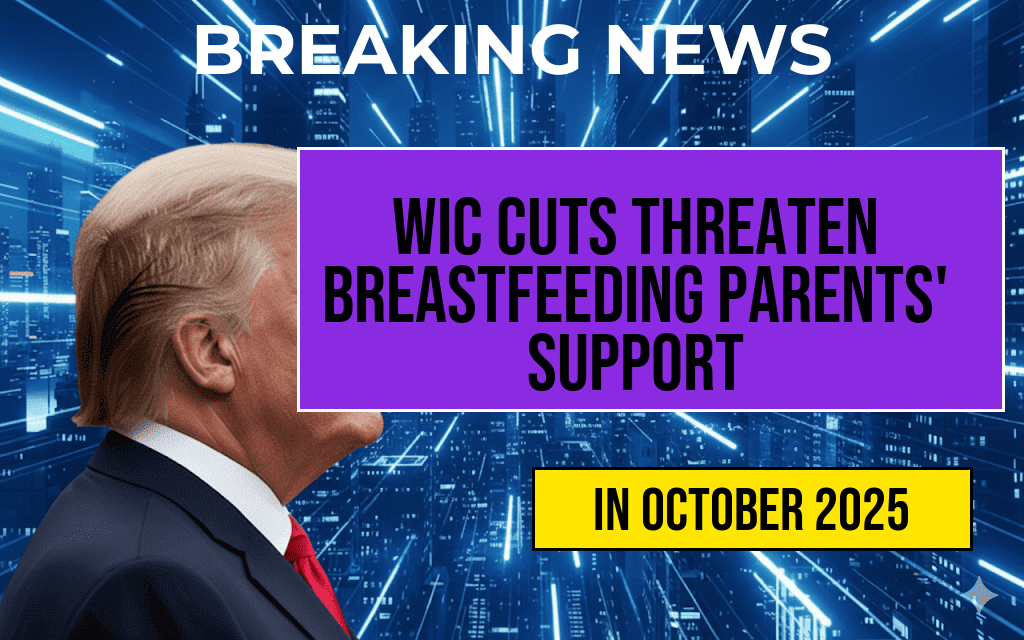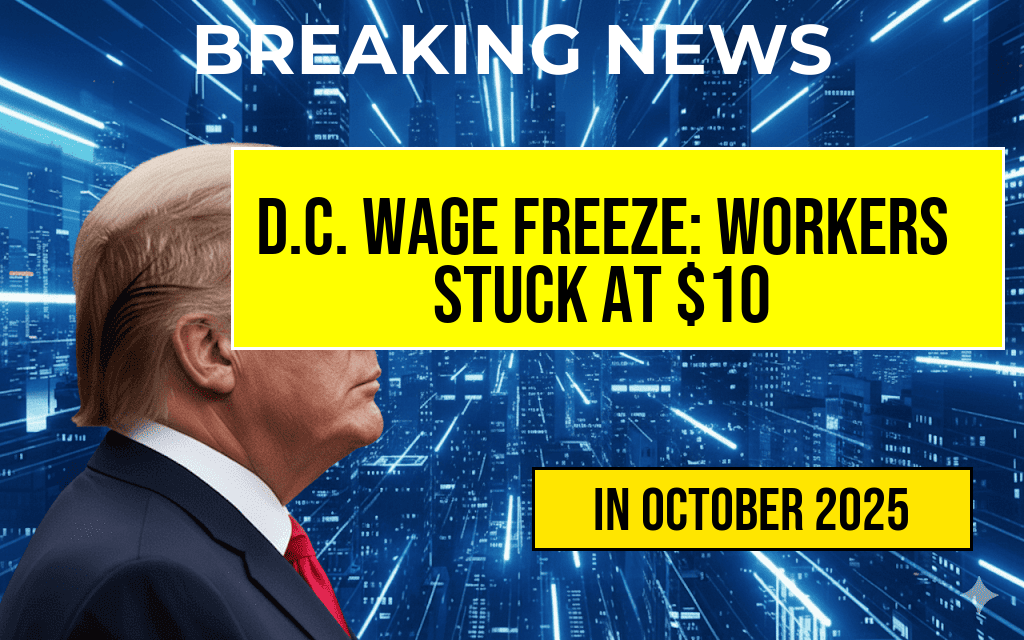As the deadline for the COVID-19 public health emergency approaches, breastfeeding parents in the United States are bracing for a significant financial setback. The Women, Infants, and Children (WIC) program, which provides vital nutritional support, is set to pause its expanded benefits, resulting in an average cut of $52 per month for eligible families. Nationwide, food banks and community organizations are preparing for an anticipated surge in demand as families seek assistance to cope with this loss of support.
The Impact of WIC Benefit Reductions
The WIC program has been instrumental in providing low-income families with access to nutritious food, healthcare referrals, and education on healthy eating. According to the U.S. Department of Agriculture, nearly 7 million women and children rely on WIC services. The upcoming cut, which affects the additional benefits introduced during the pandemic, is expected to hit families particularly hard.
What Parents Are Facing
Many breastfeeding parents will see a reduction in the monthly value of food benefits, which previously included enhanced vouchers for fruits, vegetables, and whole grains. As the $52 cut takes effect, parents are concerned about how they will manage these expenses amid rising grocery prices. The decrease in benefits comes at a time when inflation is already straining household budgets.
Food Banks Prepare for Increased Demand
Food banks across the country are bracing for a potential influx of families seeking assistance. Organizations such as Feeding America have reported a rise in food insecurity since the onset of the pandemic, and they anticipate that the WIC benefit pause will exacerbate the situation. Local food banks are ramping up their efforts to meet the needs of the community by expanding their services and sourcing more food supplies.
Community Response Strategies
In response to the expected increase in demand, many food banks are implementing strategies to better serve families affected by the WIC benefit reductions:
- Enhanced Outreach: Food banks are increasing their outreach efforts to ensure that families know about available resources and how to access them.
- Partnerships with Local Organizations: Collaboration with community health organizations and social services can help streamline the process for families seeking assistance.
- Expansion of Programs: Some food banks are considering introducing additional programs specifically aimed at supporting breastfeeding parents and young children.
The Role of Local Government and Nonprofits
Local government agencies and nonprofit organizations are also stepping up to mitigate the impact of the WIC benefit cuts. Many are advocating for policies that would restore full benefits or provide alternative support systems for breastfeeding parents. Additionally, some state governments are exploring ways to extend the duration of WIC programs to help families transition during this challenging period.
Long-Term Implications for Families
The implications of these cuts extend beyond immediate nutritional needs. Research indicates that consistent access to healthy food options positively influences children’s development, health outcomes, and educational attainment. As families navigate this new reality, the long-term effects of reduced support are concerning. Experts warn that food insecurity can lead to increased health issues and socio-economic challenges for children in the affected households.
Resources for Affected Families
Parents facing financial difficulties due to the WIC benefit cuts can seek assistance from various resources:
- Local Food Banks: Many communities have food banks that provide free groceries and nutritional support.
- Community Health Centers: These centers often provide information on local resources and can help families connect with assistance programs.
- Online Resources: Websites like Feeding America offer tools to find local food assistance and understand eligibility requirements.
As breastfeeding parents face a challenging transition with the impending $52 monthly cut from WIC benefits, the response from food banks and local organizations will be critical in supporting affected families. The combined efforts of community members, local governments, and nonprofits will play a vital role in ensuring that no child goes hungry during this pivotal time.
Frequently Asked Questions
What is the reason for the $52 monthly cut for breastfeeding parents?
The $52 monthly cut for breastfeeding parents is due to a proposed pause in the Women, Infants, and Children (WIC) program funding, which provides essential nutritional support.
How does the WIC program support breastfeeding parents?
The WIC program offers financial assistance, education, and resources to breastfeeding parents, helping them access healthy foods and support services to promote optimal nutrition for themselves and their infants.
What impact is the pause in WIC funding expected to have on food banks?
The pause in WIC funding is expected to increase demand at food banks, as more families may struggle to afford nutritious food, leading to greater reliance on community resources for assistance.
Are there alternative resources available for breastfeeding parents during this period?
Yes, breastfeeding parents can explore other resources such as local food pantries, community health programs, and non-profit organizations that offer support and nutritional assistance during the WIC funding pause.
What can breastfeeding parents do to advocate for WIC funding?
Breastfeeding parents can advocate for WIC funding by contacting their local legislators, participating in community forums, and raising awareness about the importance of nutritional support for families in need.






